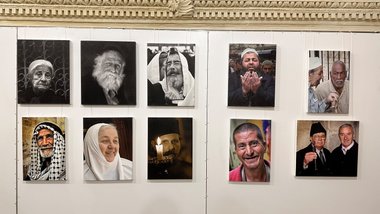War. How the relationship of Ukrainians with God and the Church has changed
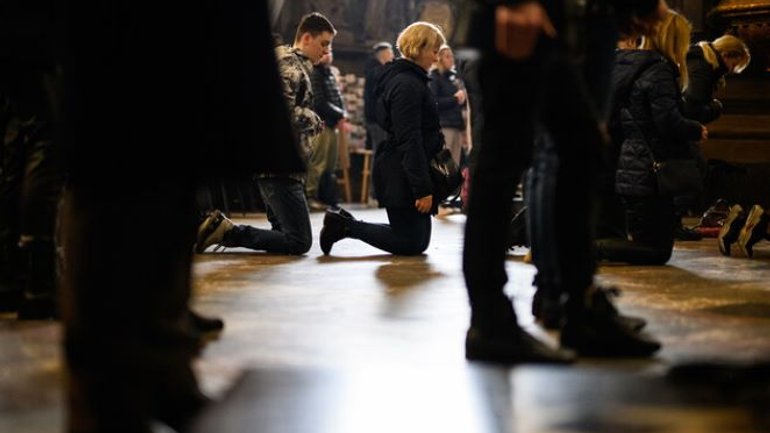
Faith is a personal matter of everyone
According to a sociological survey conducted by the Razumkov Center commissioned by ZN.UA in April-May 2023, 29% of Ukrainians have increased their faith in God during the full-scale war. And only 7%, on the contrary, lost their faith to some extent (see Fig. 1).
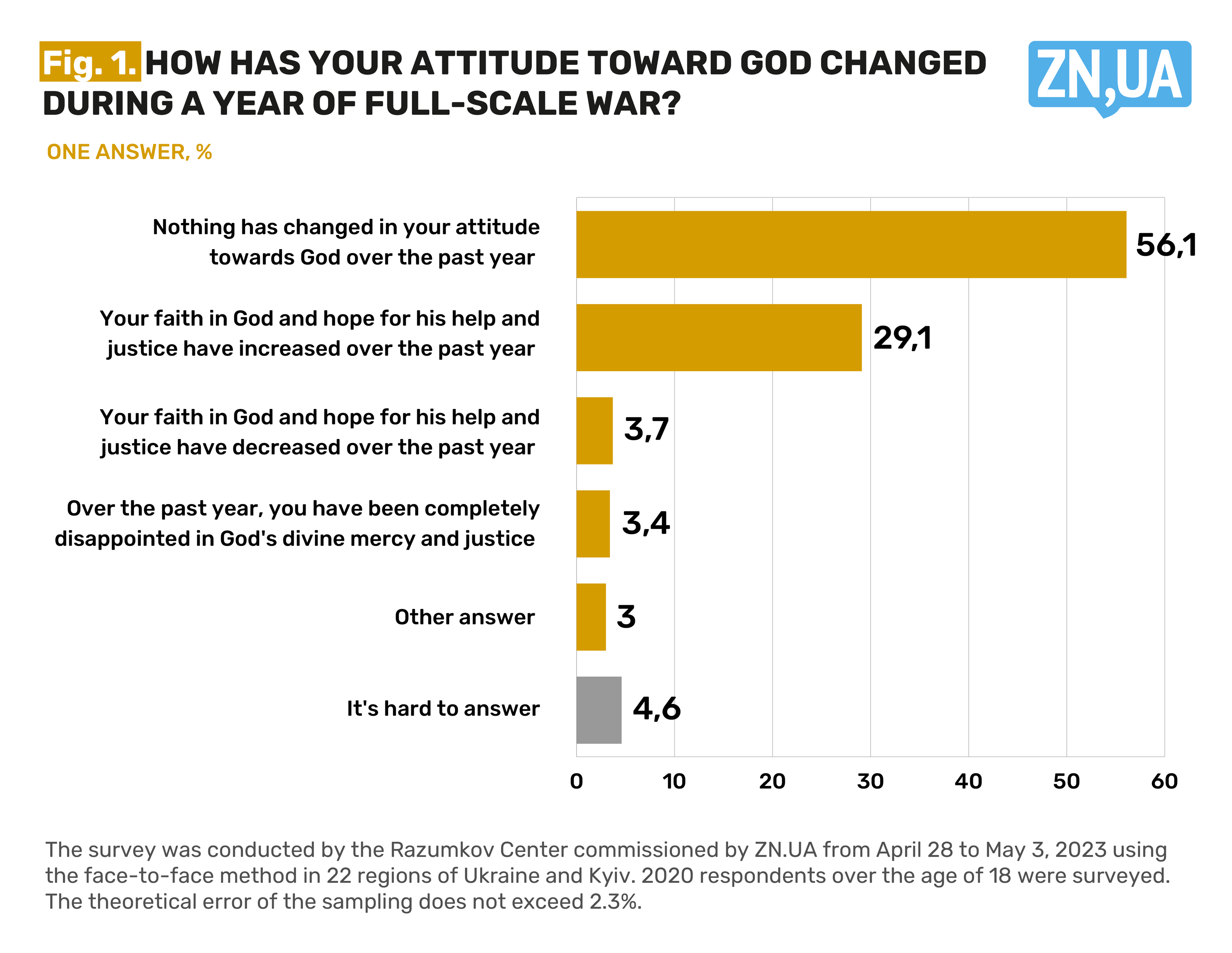
When asked what helps them cope with uncertainty about the future, the largest number of respondents, namely 32.3%, answered that they "rely on God, because everything is His will." Thus, the hope for salvation with the help of faith in God has outstripped in this peculiar rating the predictions and vision of the development of the situation in the future by Kyrylo Budanov (24.6% of Ukrainians cope with uncertainty, following the predictions of the head of the Main Directorate of Intelligence of the Ministry of Defense of Ukraine (HUR MO), and Western analysts. Thus, according to the survey (22.8% of respondents – link their hopes with the predictions of these analysts regarding the development of the situation in the future) (see Fig. 2).
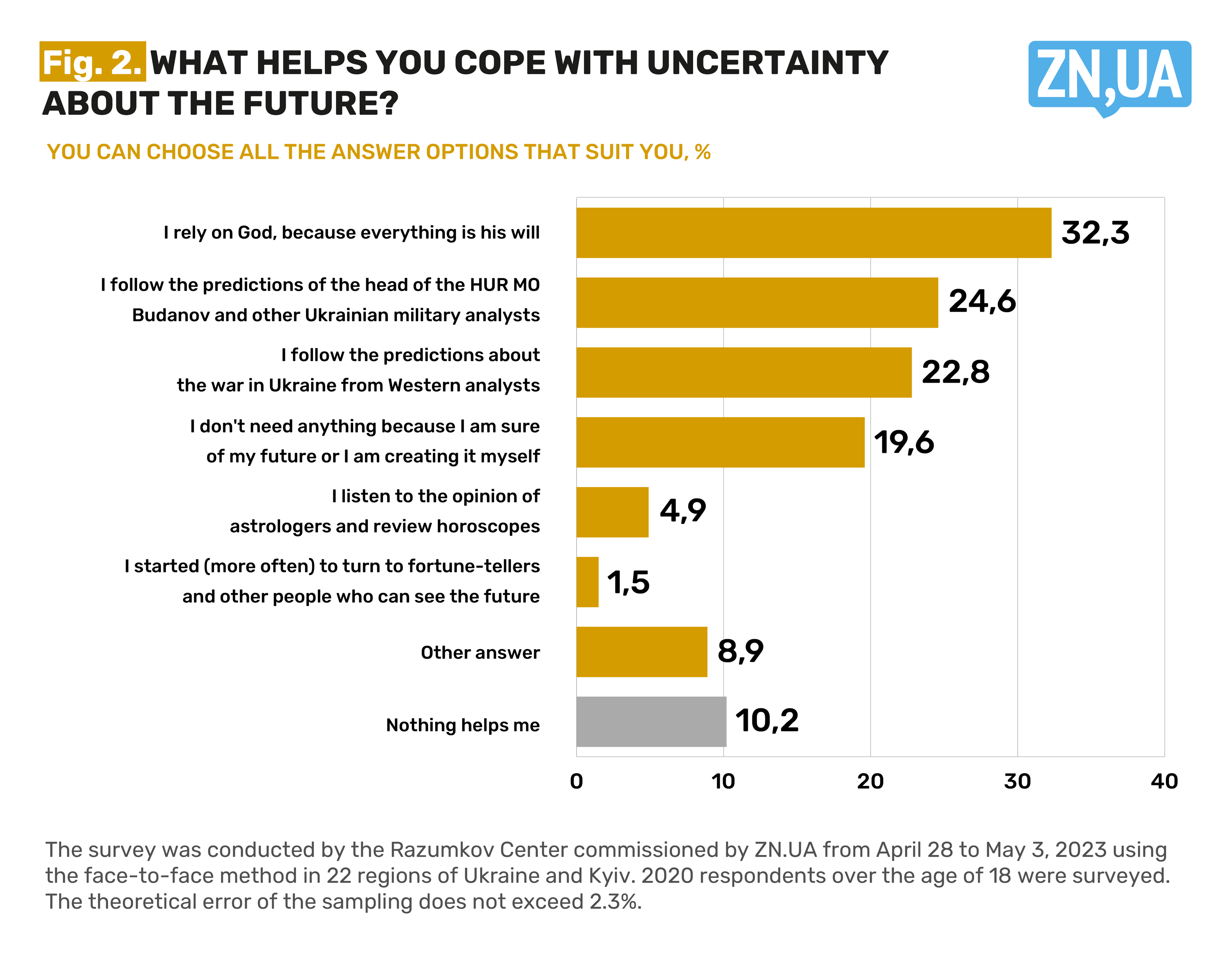
Ukrainians' relationship with God was always of a mostly private nature, and now they remain the same. Religion has traditionally been perceived by us as part of everyday life and family tradition. Also, the issue of religion appears among the people of Ukraine as a deeply personal, intimate spiritual experience of communion with something or someone higher. In addition, faith in God is seen as a way to determine one's own, personal place in large and impersonal constructions, namely in culture, in history, in the nation, and finally in Eternity.
The most popular religious practice among Ukrainians is prayer (see Figure 3). Moreover, this prayer should most often be of a “private nature”: 58% of the respondents pray regularly (38% do not practice prayer). It is also worth noting that, according to the survey, prayerful communion in church services is practiced at least occasionally by only 34% of the people surveyed (62% of Ukrainians do not practice). During a full-scale war, Ukrainians began to pray noticeably more often. Thus, according to a study conducted by Kyiv International Institute of Sociology in 2016, 44% of Ukrainians prayed. And according to a survey by Social Monitoring (2020), 38% of Ukrainians practiced prayer regularly (several times a week). Sociologists recorded a decrease in prayer activity, including during the hybrid war of 2014-2022. Despite this, a full-scale war has partly restored the popularity of this most accessible and most intimate of religious practices.
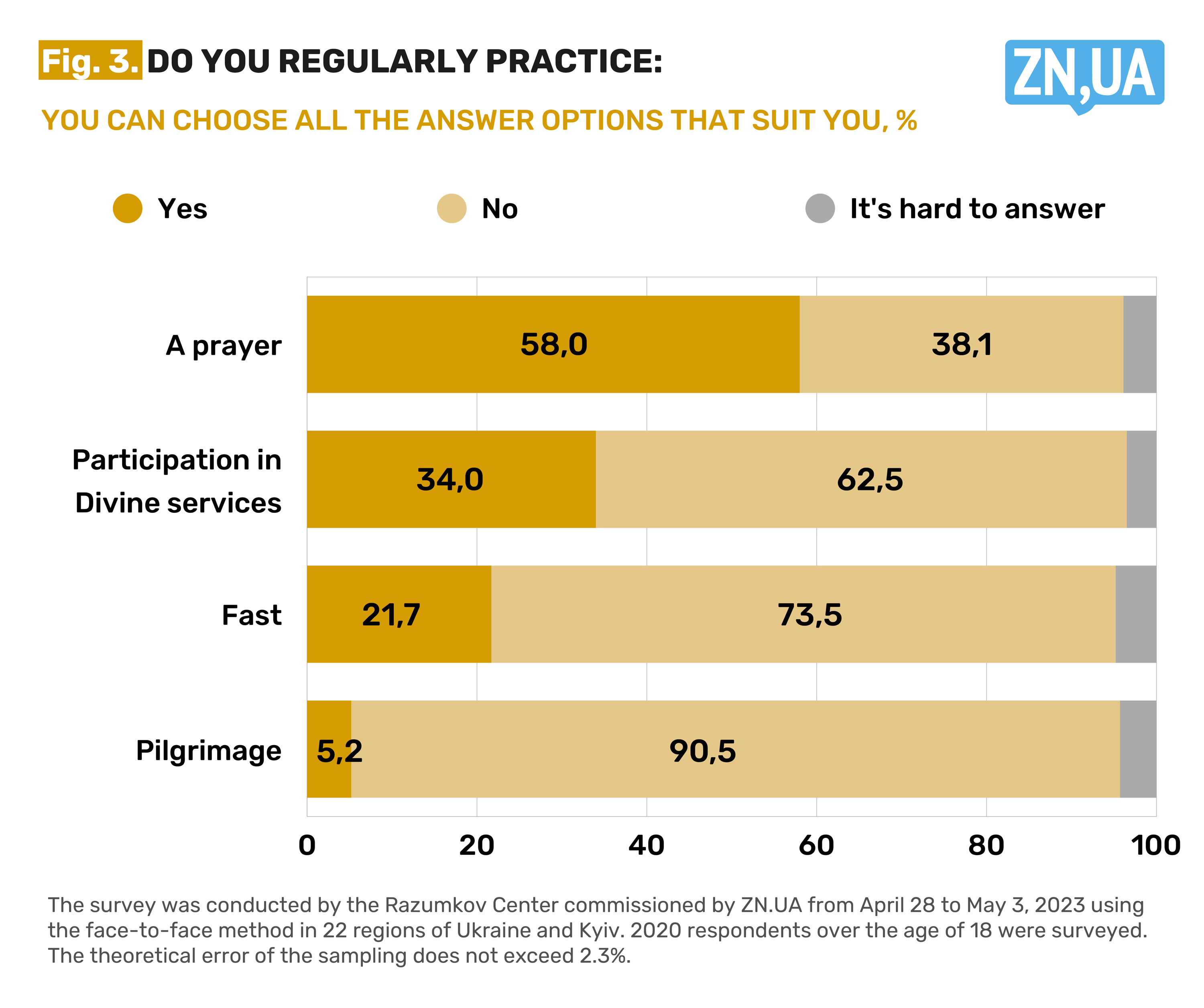
Another curious observation about the intimate nature of Ukrainian religiosity: our beliefs in the church sphere are formed mainly under the influence of oral art. We receive information about the church directly from each other: 60.5% of respondents trust information about the church received from friends and acquaintances, only 7% of Ukrainians do not trust such information. For comparison: 40% of people surveyed trust what the authorities say about the church, 18.7% of respondents trust the secular media (31% of people do not trust what the media say about the church) (see Fig. 4).
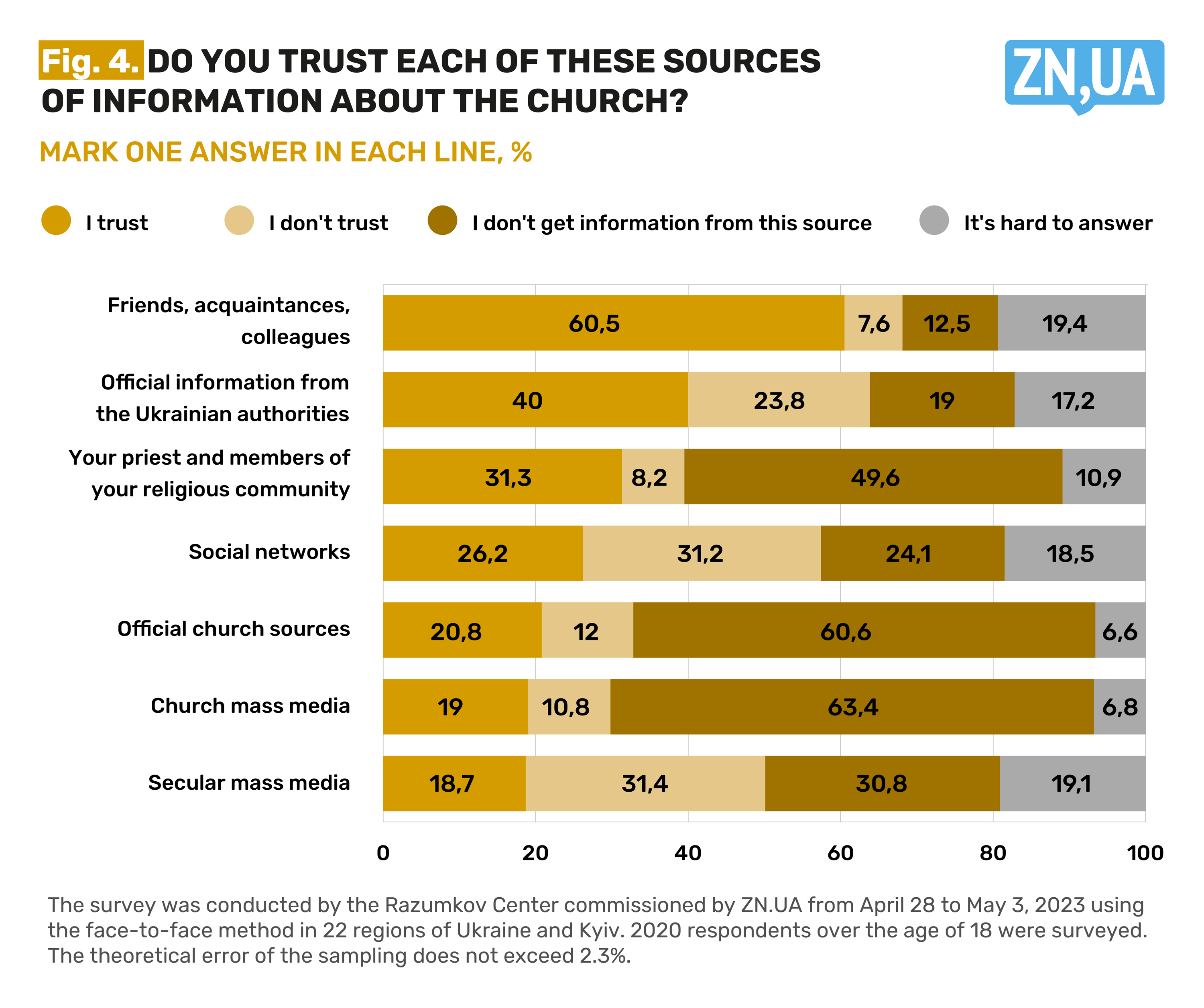
This means that in matters of faith and the church, our people prefer to remain in the format of personal experience and in agreement with their immediate environment. If in many socio-political spheres the ideal of solidarity of local communities is destroyed by information flows and mass migration of people from a real community to the dimension of "soap bubbles", something completely unreal and imaginary, such as social networks, then such things as religion and church, this trend has not affected much. In the matter of religion and belief, we still trust each other.
The everyday nature of religion, which allowed it to survive the era of militant atheism and survive in the political and ecclesiastical-political troubles of early independence, becomes a problem during a great war. The problem lies in the fact that the usual way of life is collapsing. In today's Ukrainian realities, our ordinary way of life is breaking down to the ground and without hope of its restoration. This brings destruction to our fragile relationship with the church. Faith in God is growing and strengthening – the opinion poll confirms this. Identification with this or that church becomes even a little more definite – in comparison with the pre-war period and even with the period of hybrid war – 89% of the respondents associate themselves with some church or at least a denomination (see Fig. 5). But the current opinion poll also shows that self-identification with the church and church affiliation (belonging to a community) are not at all the same thing. The joke about the “atheists of the Kyiv Patriarchate” still contains only a fraction of a joke.
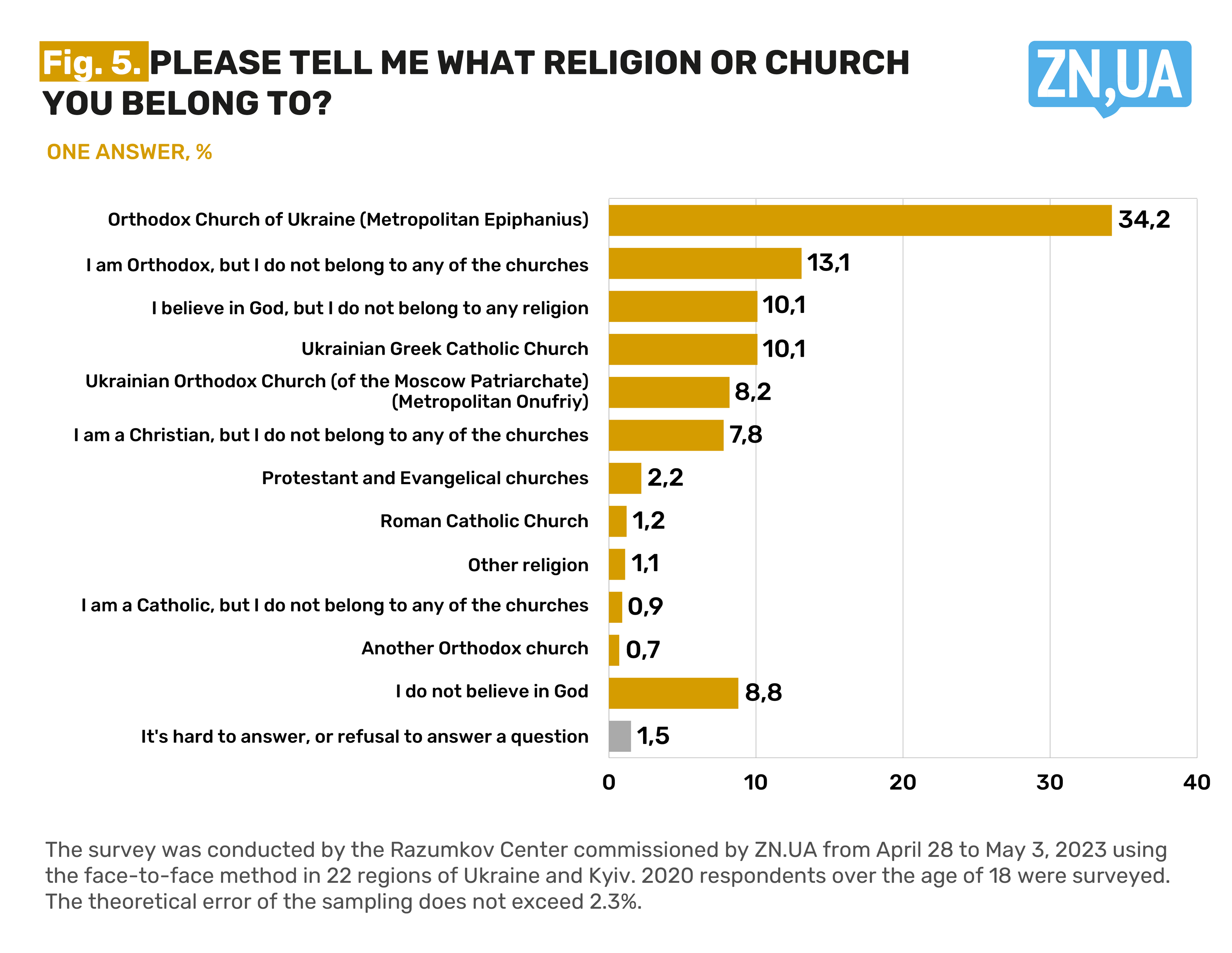
The Church Is “Something Quite Different”
Whatever the Ukrainians' relationship with God, the ZN.UA study shows that a large percentage of them have nothing to do with church life. According to the survey results, it is reported that 73% of Ukrainians do not associate themselves with any religious community or parish (22.3% of respondents declare their belonging to a religious community) (see Fig. 6).
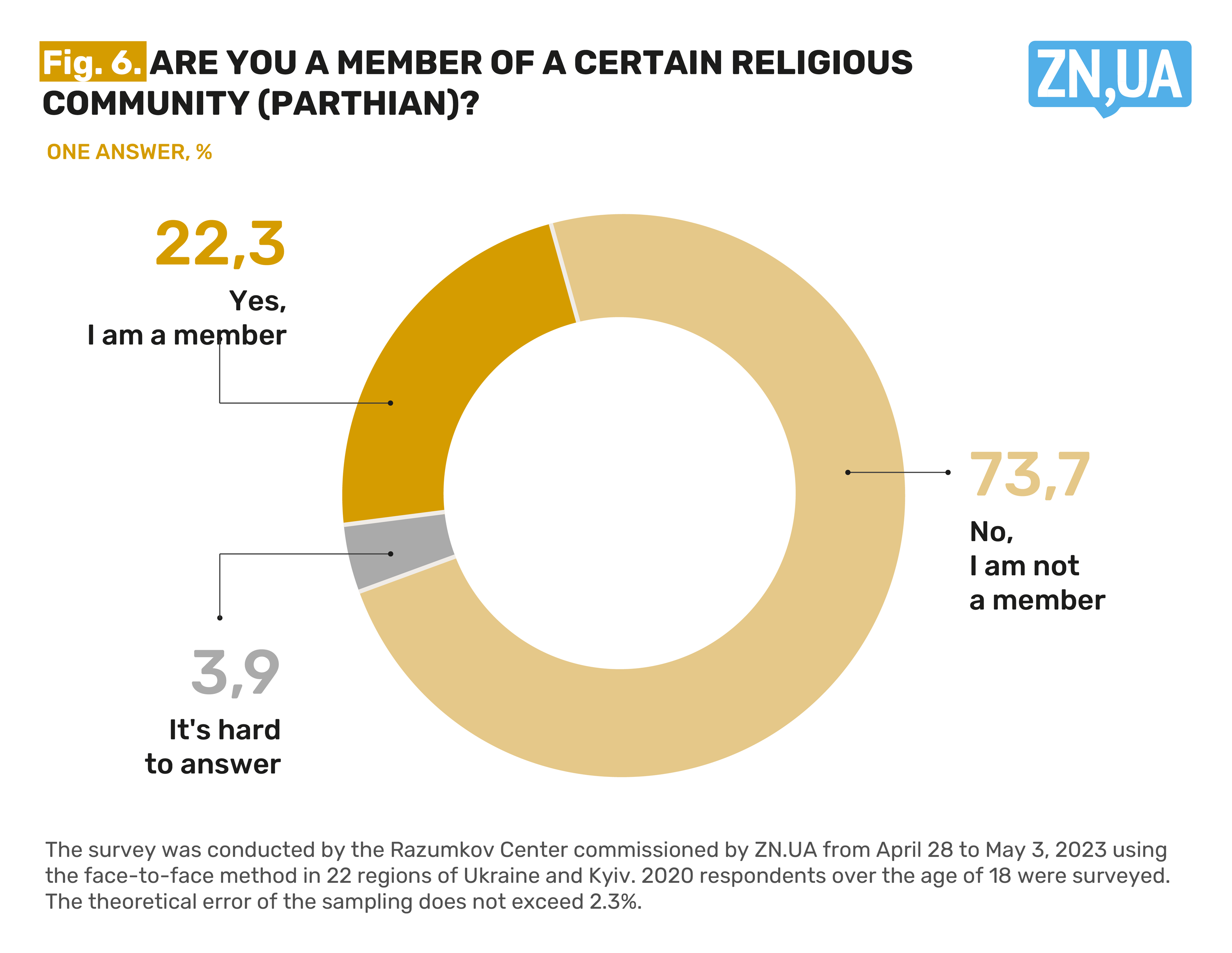
Thus, for the churches, the situation is even a little worse than one might think: according to the current survey, 62% of Ukrainians do not participate in church services. For comparison: in 2021, during a survey by the Razumkov Center to the question: “Do you attend church services?” 51% of respondents answered negatively. The 11% difference is an indicator of the losses that the churches suffered in less than two years of the active phase of the full-scale war. In addition, 21.1% of those surveyed said they never go to church at all (see Figure 7). The decrease in people who actively take part in church life and simply attend church services can be explained by many reasons, including objective ones. But for many of us, the determining factor is the fact that ritualized church practice seems anachronistic against the backdrop of an unsafe and stressful wartime, during which people spend more time not performing church rites, but evacuating to the basement during air raids.
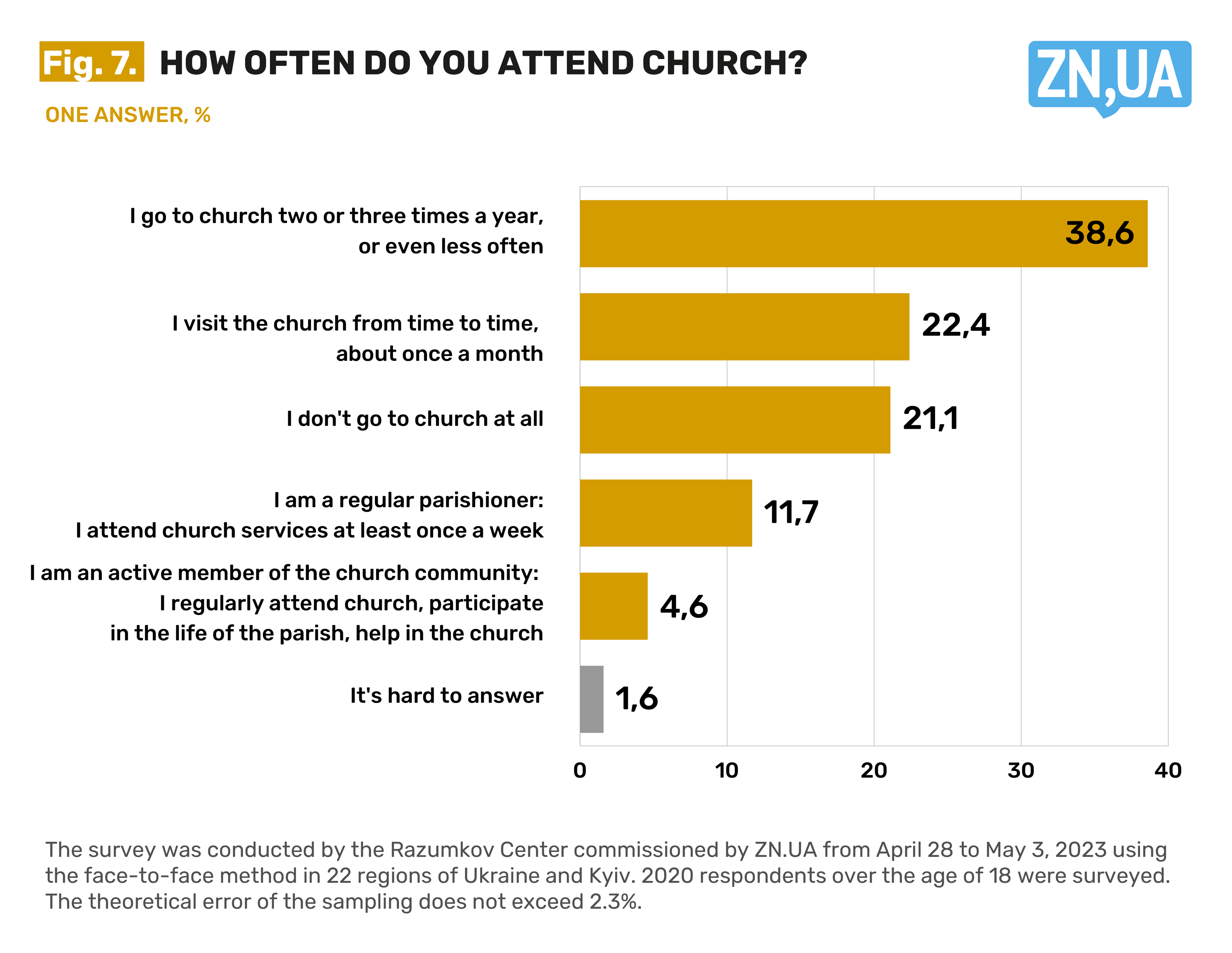
Yes, “there are no atheists in the trenches” and the religiosity of Ukrainians is growing during full-scale hostilities. But the church is "something quite different."
For many peaceful years, the church institute enjoyed a high percentage of trust among Ukrainians. Without exception, opinion polls of both the pre-war years and the period of the hybrid phase of the war confirmed this: the church has always occupied the highest lines of trust ratings, ahead of state institutions, the media, political parties and public organizations. In terms of authority in society in peacetime, only the army could compete with the church.
The war made its own adjustments. These dramatic changes can be seen in the popularity of the army, which grew during the first hybrid war with the Russian Federation, and after a full-scale invasion, established itself in the first place in the trust rating. In addition, significant changes can be noted in the popularity of the church among the population of Ukraine, which has dropped down from the first lines of the ratings (now the church takes 10th place in a survey conducted by the Razumkov Center commissioned by ZN.UA in February-March 2023).
This opinion poll also recorded the loss of the status of "unconditional authority" by the church. If two or three years ago, most Ukrainians could choose among church leaders someone who is trustworthy, then in the course of the current survey it turned out that 52% of respondents either do not trust any of the heads of churches (27%), or cannot / refuse to answer this question (25%) (see Fig. 8). Trust in our difficult times is not bestowed just like that – it requires real reasons, expressed by concrete deeds, and not just based on the fact of belonging to some, even sacred, institution.
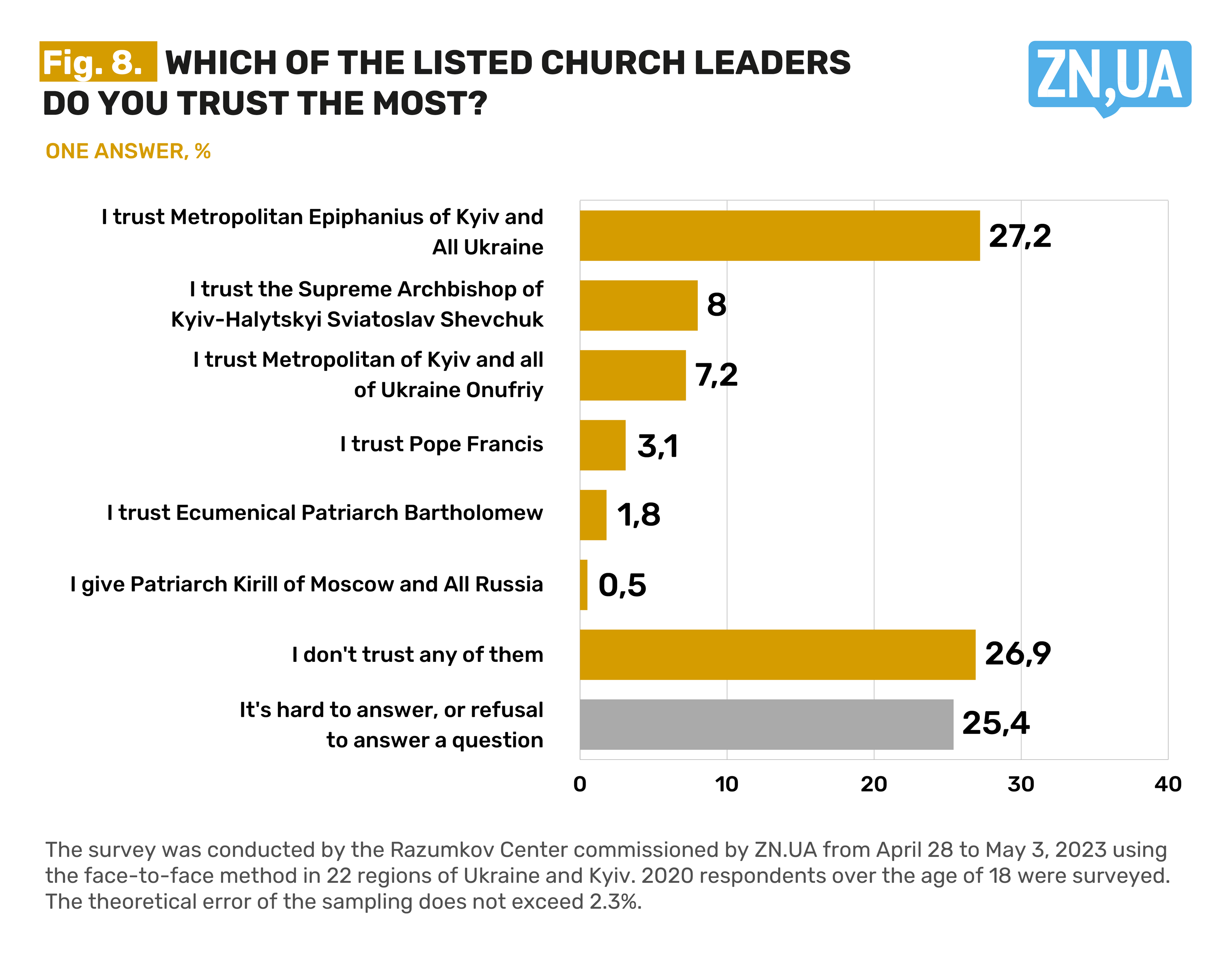
In the same way, war relegates the church as a factor of self-identification into the shadows. Now self-identification as a Ukrainian no longer needs additional, not fully understood concepts. Moreover, the right to be a citizen of Ukraine is transformed from a vague sense of community that arises in the course of a full-scale war into a privilege. Today, there are no more "unconditional authorities" – everyone must prove himself and prove in practice that he is valuable for Ukraine and its struggle for independence.
Between Pope Francis and Patriarch Kirill
During the war, we are very keenly experiencing the idea of the unity of our nation and are ready to sacrifice many things for its sake. According to the survey, only 5.4% of Ukrainians ask God to help them personally. It is worth noting that 18.4% of respondents ask for help for their closest ones. But mainly our people ask God for help to Ukraine: 29.4% of citizens ask for help to those who defend the country, and almost 34% of respondents ask to help Ukraine survive in a full-scale war. In addition, it is noted that 6.2% of the respondents (mostly young people aged 18–29) ask God to punish Russia and take revenge for us and our country (see Fig. 9).
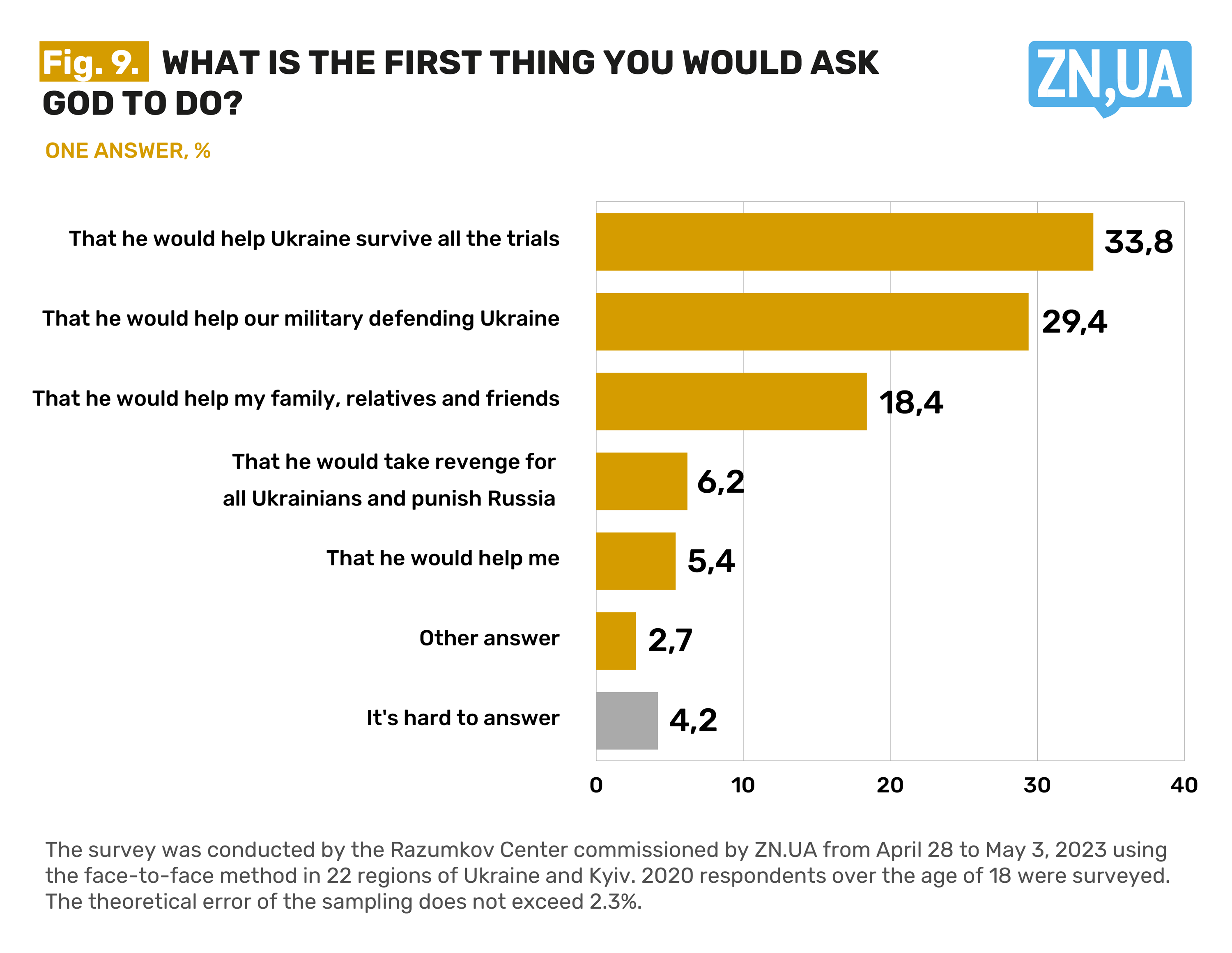
Patriotism is the spiritual dominant of our military everyday life. It becomes a center of attraction for us, a way to separate “us” from “them”, sets a system of values. The phrase “I believe in the Armed Forces of Ukraine” are not just a catchy slogan, but a kind of “creed” of a new civil religion that is rapidly emerging during a full-scale war with the Russian Federation. Archangels are also actively involved in helping people during the devastating war in Ukraine. Angels in the form of people drive buses with humanitarian things and take out the wounded and civilians from the zones of active hostilities. Serving the Lord is participating in a church service or volunteering. The concepts of good now personify those people who oppose a clear, distinguishable aggressive evil, marked with the signs of the Beast, namely the letters Z and V.
War changes and transforms religious views. Faith takes the form of action. Words and ideas about the correct conduct of church life appear in secondary or third roles. In the current situation that is unfolding in Ukraine, such things as canons and bows do not play any role at all.
According to the 2022 Razumkov Center survey, which was devoted to changes in the religious life of Ukrainians, more than a quarter of respondents (26%) noted that the church does not play any significant role in Ukrainian society. Another 10.4% could not determine what role the church plays in society.
The Church is losing ground as an authority in society during active hostilities, and there is nothing surprising in this fact. In Scripture, of course, it is possible to find plots and quotations for any reason – in particular, very militant ones. But in general, Christianity is perceived by our people as a religion of peace. But it should be noted that the church is losing ground against the backdrop of the birth and development of a civil religion. Religion at the same time has become necessary and inevitable in difficult times for our country, because it is religion that helps the citizens of Ukraine to survive and cope with difficulties, to feel like a member of society and build a healthy relationship with each other. However, it should be noted that in the long run, the question of religion carries many dangers.
This is evidenced by the example of our neighbors and enemies with their cult of the "Great Victory". This cult is very bloodthirsty: the more heroes, namely dead heroes, the stronger the foundation of its altar. This is a terrible cult that does not care about the value of human life, personality and dignity. In addition, it should be noted that this cult extols only victory, which is always about the complete destruction of the enemy and the triumph of some ideals suitable for the occasion (which, again, do not include a person, his personality, interests and dignity).
The example of the Russian Orthodox Church (ROC) shows how far the church can deviate from Christianity if it gets carried away by the ideological conjuncture and instead of the truth of Christ, it will bring to the masses what corresponds to the “current political agenda”. Sooner or later, there comes a moment when the preaching of Christian values becomes a crime in this church – just like a priest of the Russian Orthodox Church (ROC), who, instead of praying for victory, offered up a prayer for peace and was severely punished.
For a civil religion that prioritizes victory, the concept of "peace" becomes heresy. But what about Christianity?
At the opposite pole of the Russian Orthodox Church (ROC), there is Pope Francis, who feels sick from the word "victory", but who is ready to sacrifice anything to the world. He sincerely sheds tears at the memorial cemeteries of both world wars. For him there are no "heroes" for him there are only "poor boys", someone's sons who died on the cruel battlefield "it is not clear for what purpose they fought and what was the cause of their death."
Where is our country on this axis between the civil cult of victory and an enlightened, pure Christianity that exalts the concept of peace at any cost?
Part of the answer may be the extent to which Ukrainians support Pope Francis's position on the Ukrainian-Russian war. It should be noted that 23.8% of Ukrainians are offended by the Pope for the fact that "he considers Russians to be the same victims of the war as Ukrainians." In addition, 10% of respondents generally believe that Pope Francis works and makes decisions that are in the interests of the Kremlin. Those who fully support his desire to achieve peace as soon as possible and at any cost are the least – 9.2% of respondents. (see fig. 10)
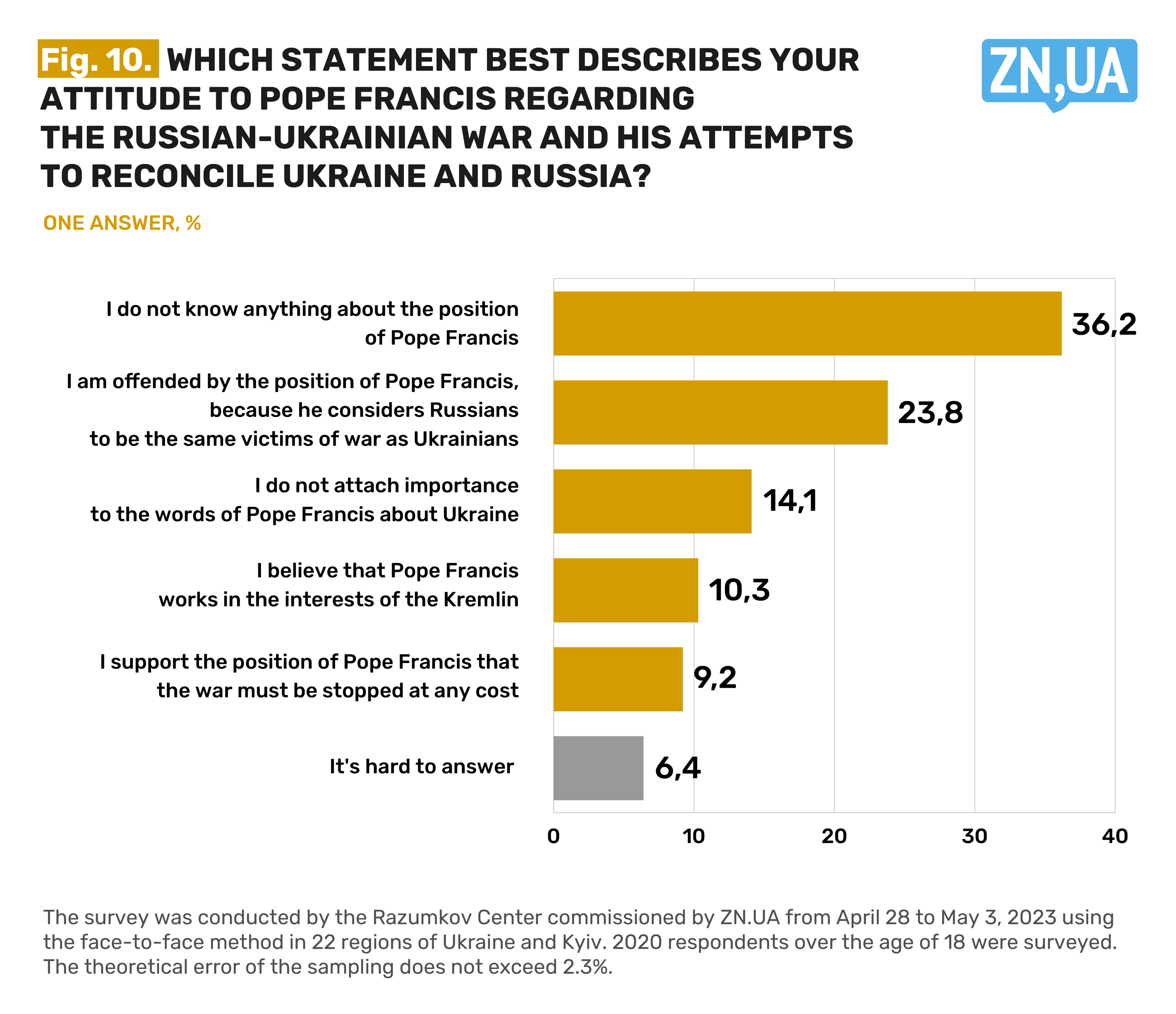
The situation for the Pope is aggravated by the fact that it is his Ukrainian flock, namely the faithful of the Ukrainian Greek Catholic Church (UGCC), who express strong dissatisfaction with everything that concerns Russia and are the most irreconcilable towards Russia and Russians. More than half of the faithful of the Ukrainian Greek Catholic Church (UGCC), when asked: “How do you feel about the citizens of Russia,” answered that they treat everyone negatively, without taking into account the personal opinion of every Russian about the war. For them, if a person is a citizen of the Russian Federation, then he automatically becomes an enemy.
And only 2.9% of Greek Catholics support the idea of their head of the church – Pope Francis – about direct negotiations between Kyiv and Moscow. It is also worth noting that the vast majority of the faithful who belong to the Ukrainian Greek Catholic Church (UGCC) - 92% - are against such negotiations. (see fig.11)
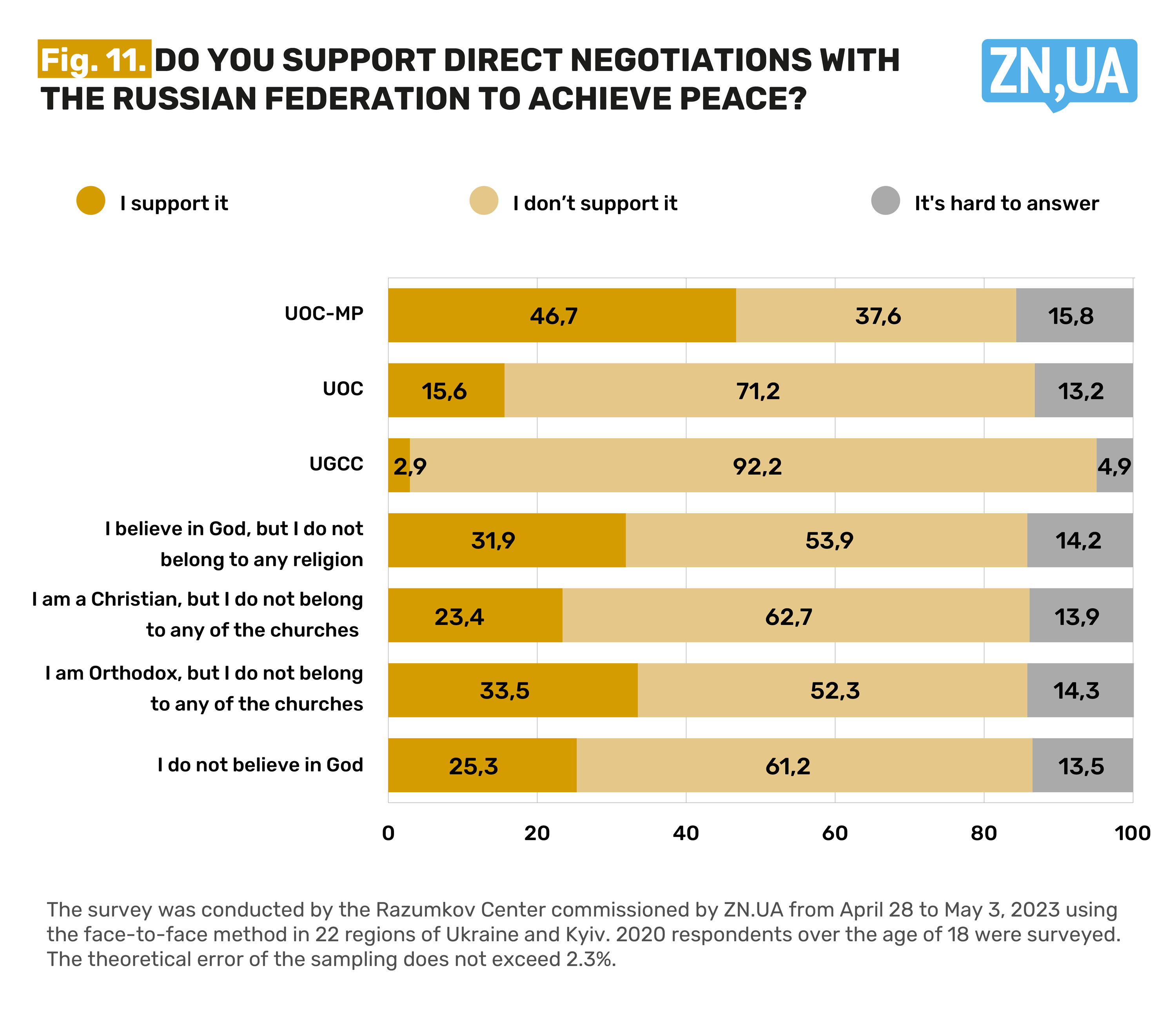
So the leadership of the faithful of the Ukrainian Greek Catholic Church (UGCC) found itself in a very difficult and dangerous situation. Against this background, the dialogue between the conditional representatives of the city of Lviv and the Vatican looks much more relevant than the dialogue between the representatives of the Vatican and Kyiv, or even the representatives of the Vatican and Moscow.
Is the mission something obligatory?
Since the beginning of the war, representatives of the church, along with all Ukrainians, have been involved in military everyday life – chaplains go to the front line together with the soldiers of the Armed Forces of Ukraine, priests become volunteers and take the wounded and civilians out of the zones of active hostilities, clergymen campaign in their parishes to collect things for humanitarian aid. In addition, representatives of the church buy ammunition, take care of refugees and, as far as possible, help heal the spiritual wounds of people.
Thus, now the church as a whole corresponds to the expectations that Ukrainians have for it in wartime. In a 2022 Razumkov Center survey, 45.5% of Ukrainians named assistance to the Armed Forces of Ukraine as one of the “primary tasks of religious organizations during the war.” It is worth noting that 39.5% of the respondents entrusted the church with the tasks of social and material assistance to citizens, and 54.3% of the people surveyed argue that the church should also provide psychological assistance. That is, the citizens of Ukraine generally support the idea expressed at the very beginning of the war: "A church that does not deal with volunteer assistance is not interesting to me."
Quite a few atheists of any patriarchate in Ukraine and abroad would consider this method of modernizing church life both progressive and useful. But who will catch the souls that fight bravely on the very edge of Darkness? The mission of the church is not limited to socially useful work – no matter what opinion polls say about this.
The church simply cannot afford to refuse to participate in the formation of public opinion, to tacitly agree that it is a leader only in “peacetime”. After all, the losses from such an "agreement" can be too great – both for the church and for society.
But the war made very noticeable the inefficiency and failure of communication between the church and society.
Ukrainians, as mentioned above, are ready to rely on God rather than on the predictions of Kyrylo Budanov. But they hear the ideas and thoughts about the future development of the events of the head of the Main Directorate of Intelligence of the Ministry of Defense of Ukraine (HUR MO) much more often than the voice of church representatives, which would broadcast a clear Christian message. I understand that it’s not easy to get through to the public through the howling of sirens, news from the front, a continuous stream of the «Yedyni Novyny» marathon and the constant background noise of social networks. The ZN.UA opinion poll showed that the voice and ideas of church representatives are almost inaudible: 63% of respondents do not receive information from church media (19% of respondents trust them) (see Fig. 4).
We mention the question of the church mainly in connection with the redistribution of property or the glaring facts of collaborationism. In both cases, the church is the object, not the subject of messages. We hardly see or hear the church, which carries its own bright socially significant creative message.
It should be noted that the future of the church depends on its ability to convey important and relevant messages to people, especially now, when there is a full-scale war in Ukraine and people have a great need to feel supported in difficult situations. Now the church together with its people, namely, mostly Christians, is working on common things that are now important for the future victory in the war and are the most important for Ukrainians. Will the church be able to overcome the concept of a nondescript community and create a new church community in the new post-war Ukraine?
***
There are no atheists in the trenches. This is good news: we carry the image of our God with us and remain one with him, wherever we are and whatever happens to us. The citizens of our country did not reject him, despite the troubles that befell us, despite the prayers that were not answered, and despite the innocent lives that were destroyed. According to the survey, despite the monstrous injustice of the war, only 7% of Ukrainians were offended and left the church. They did it because they doubted or lost faith in God.
The expression “To be Ukrainian” for many of us even now means to believe in God. But this is not at all as "speculative" as it seemed in peacetime. Belonging to a certain church structure and active ritual practice does not make us better or worse people. This affiliation only helped – and it still helps someone – to navigate in a multifaceted world.
But the war somewhat shifted the focus – from "have faith in God" to "remain human no matter what."
No sociological measurement is likely to be able to absolutely definitely confirm (or refute) the relationship between humanity and faith. And I won't try to do it. Let me just give you a fact: the vast majority of Ukrainians do not allow atrocities against captured Russians, and insist that the Ukrainian side is obliged to abide by the rules of war.
The events that took place in Bucha horrified the world. But they did not kill either God or man in the citizens of Ukraine.
The survey was conducted by the Razumkov Center commissioned by ZN.UA from April 28 to May 3, 2023 using the face-to-face method in 22 regions of Ukraine and Kiev. 2020 respondents over the age of 18 were surveyed. The theoretical error of the sampling does not exceed 2.3%.







